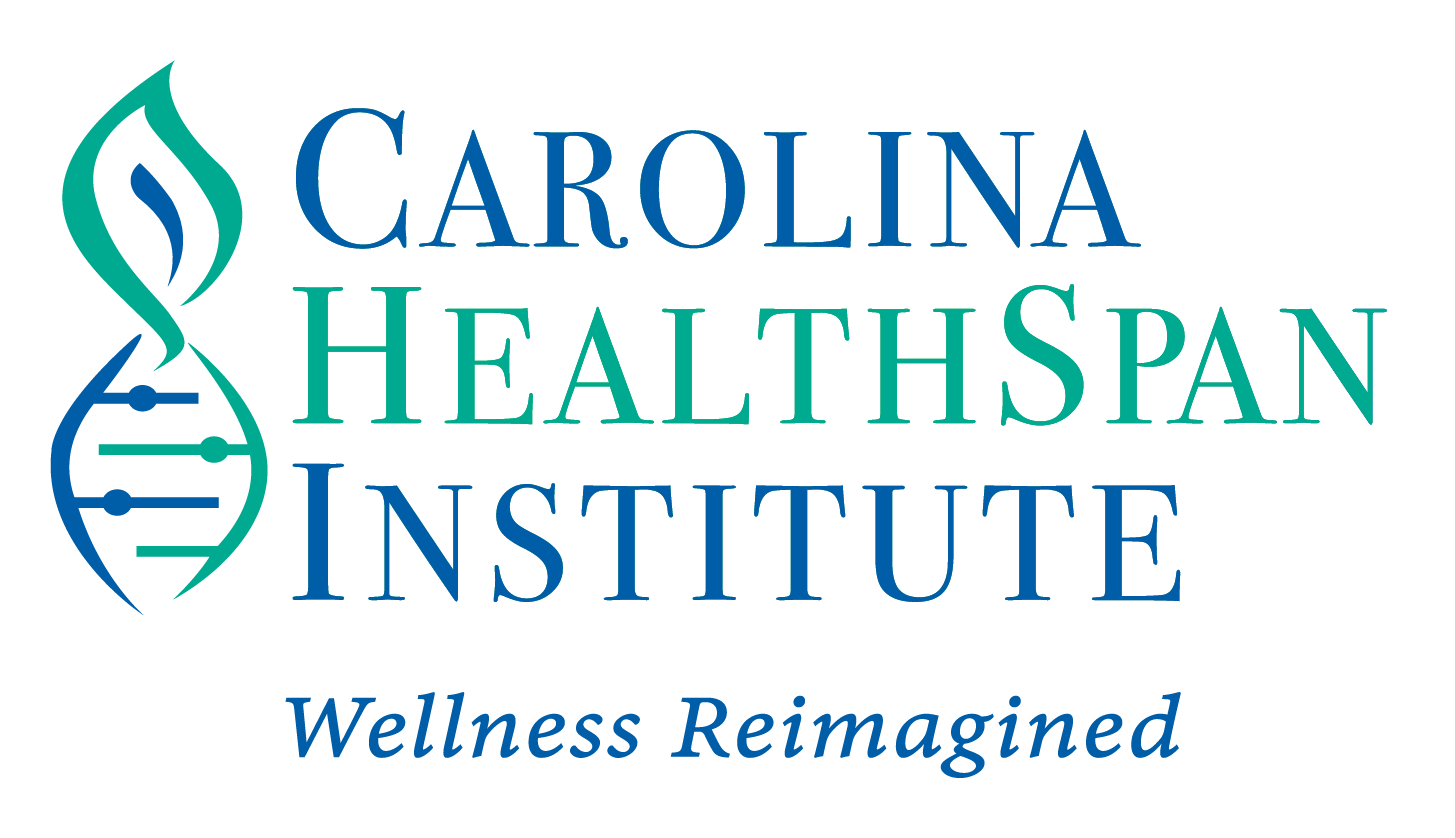Carbohydrates are the body’s main source of energy. They’re found in almost all of the foods that we eat, but choosing the right ones can make or break a heart-healthy diet.
“Both good carbs and bad carbs turn into sugar, but their nutritional value and how fast they digest in the body is what makes them different,” says registered dietitian Kate Patton, MEd, RD, CSSD, LD, of Cleveland Clinic’s Preventive Cardiology & Rehabilitation Section.
Your body breaks down all carbohydrates into sugar. The outcome is glucose, and this is what gives your body energy.
Food with complex, good carbohydrates, such as quinoa and oatmeal, contain a lot of fiber so your body breaks them down slowly. This keeps you feeling full and stabilizes your blood sugar levels.
Foods with simple, or bad, carbohydrates include table sugar, brown sugar, and processed food that contains sugar added to improve its taste. Processed food with added sugars include:
Sugar-sweetened beverages
Fruit-flavored drinks
Dairy desserts
Candy
Ready-to-eat cereals
Yeast breads
Your body digests these simple carbohydrates very quickly. This causes increased inflammation in the body and raises your blood sugar levels.
“We tend to consume too much of these simple carbohydrates,” Patton says. “If you’re consuming too much simple sugar, your arteries become inflamed.”
In addition to inflammation, too much sugar in your bloodstream can damage your artery walls, which leads to added inflammation.
Your arteries carry oxygen-rich blood to your heart. Inflammation is a risk factor for coronary artery narrowing, which makes it difficult for blood to make it to your heart.
“Having high blood sugar levels increases your risk for heart disease,” Patton says.
The average American consumes about 22 teaspoons of added sugar per day. The American Heart Association (AHA) recommends that women limit consumption of added sugar to six teaspoons every day. Men should limit added sugar to nine teaspoons a day, the AHA says.
Recent research shows that people who consumed up to 20 percent of their daily calories from simple sugars increased their risk from dying of heart disease by 38 percent.
Sugar-sweetened beverages are the largest source of added sugars in the American diet, the AHA says. The AHA recommends limiting these drinks to 36 ounces or 450 calories a week.
A can of regular soda packs about 35 grams of added sugars. That is equal to nearly nine teaspoons of sugar.
One simple way to get rid of added sugars in your diet is to reduce or eliminate soda, fruit drinks, sports and energy drinks, enhanced waters, sweetened teas and sugary coffee drinks.
For more health tips from Doctors who practice what they preach, schedule an appointment with one of Carolina HealthSpan Institute physicians or practitioners today!
